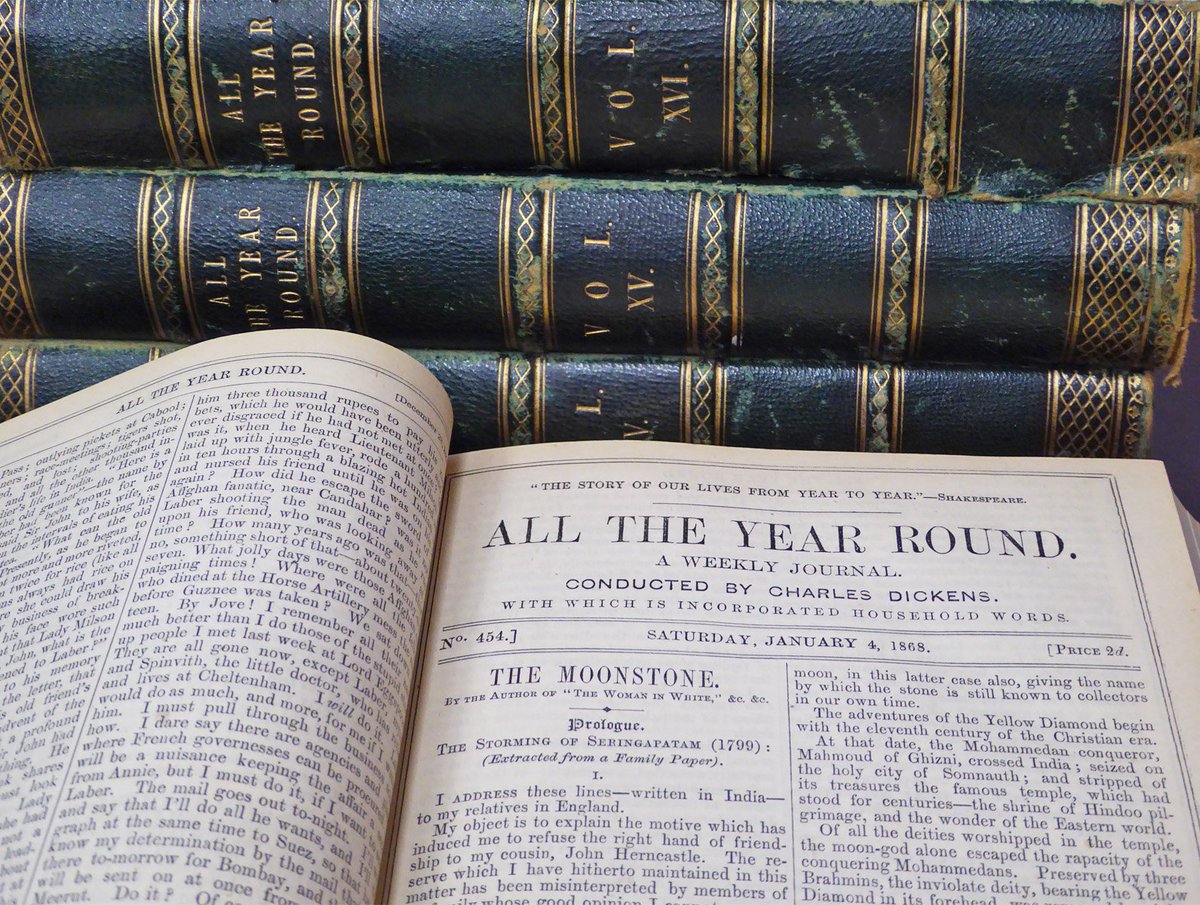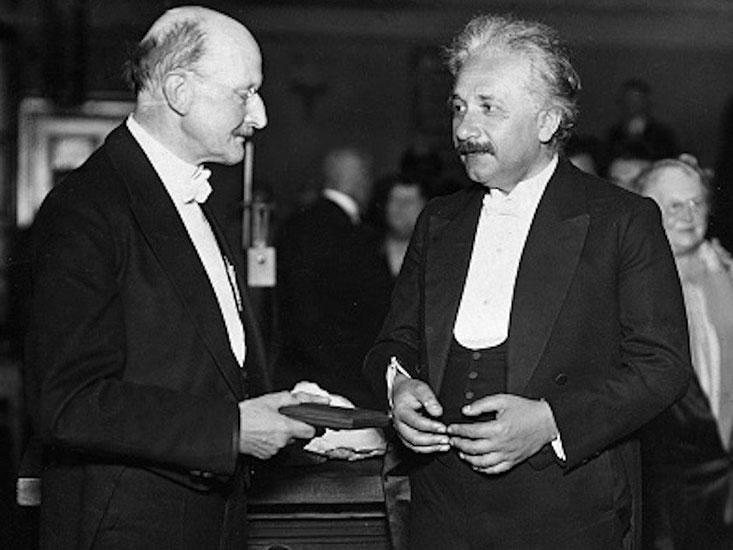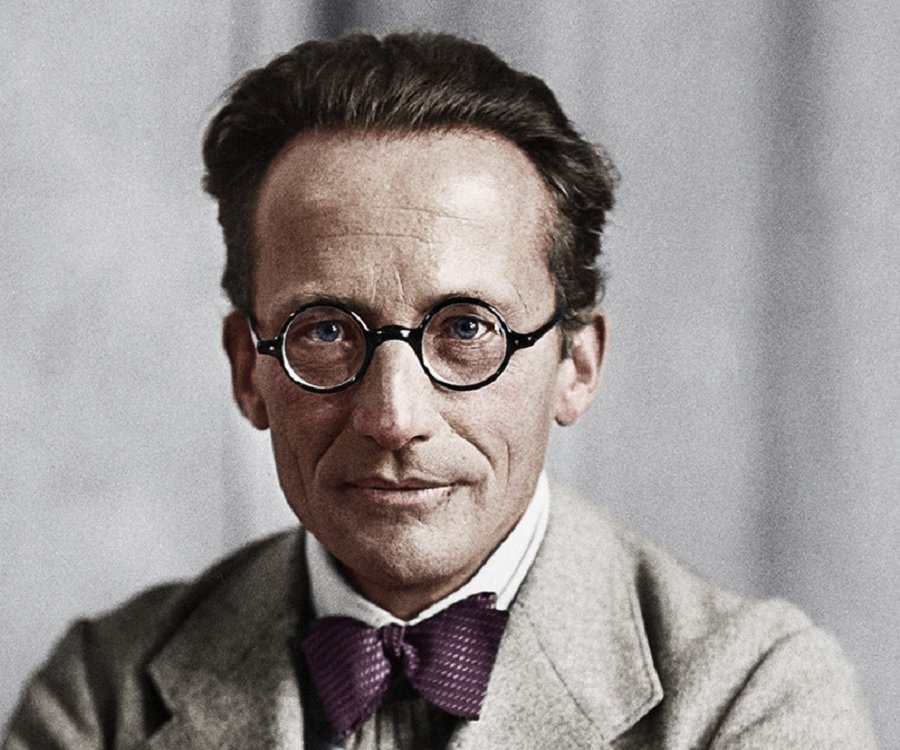-
Emily Brontë'nin Ugultulu Tepeler ve Anne Brontë'nin Agnes Grey romanlarinin el yazmalari 4 Ocak 1847'de basilmasi icin yayinci T.C. Newby'ye gonderildi.


-
Wilkie Collins'in Aytasi (The Moonstone) romani, Charles Dickens'in haftalik yayinladigi edebiyat dergisi All the Year Round'da 150 yil once, 4 Ocak 1868'de yayinlanmaya baslandi.

"Savas ganimeti olarak Ingiltere'ye getirilen paha bicilmez Hint elmasi 'Aytasi', on sekizinci yas gununde Rachel Verinder'e hediye edildigi gece ortadan kaybolur. Kuskular kambur hizmetçi kizin, Rahcel'in kuzeni Franklin Blake'in, esrarengiz uc Hintli hokkabazin, hatta Rachel'in kendisinin uzerinde toplanmistir. Scotland Yard elemani, sogukkanli Cavuş Cuff cagrilir ve Robinson Crusoe okumaya merakli, cok bilmis kahya Betteredge'in yardimlariyla kayip elmasin sirri aydınlanir."

"The Moonstone, a priceless Indian diamond which had been brought to England as spoils of war, is given to Rachel Verrinder on her eighteenth birthday. That very night, the stone is stolen. Suspicion then falls on a hunchbacked housemaid, on Rachel's cousin Franklin Blake, on a troupe of mysterious Indian jugglers, and on Rachel herself. The phlegmatic Sergeant Cuff is called in, and with the help of Betteredge, the Robinson Crusoe-reading loquacious steward, the mystery of the missing stone is ingeniously solved."
-
Nobel Edebiyat Odulu sahibi Cin asilli Fransiz roman, oyun yazari ve elestirmen Gao Xingjian'in dogum gunu (4 Ocak 1940)
"Insanlarin arasına donmeliyim, sicagi ve gunesi bulmaliyim, neseyi, kalabaligi, gurultuyu; bana cektirdikleri sikintilari, acilar ne olursa olsun, onlar insanligin solugu." Ruh Dagi

"I must return to the smoke and fire of the human world to search for sunlight, warmth, happiness, and to search for human society to rekindle the noisiness, even if anxiety is regenerated, for that is in fact life in the human world."
-
Fransiz filozof Henri-Louis Bergson'in olum yildonumu (4 Ocak 1941)

"Tragedya yazarlari kahramanlarinin fiziksel yonune dikkat cekebilecek her seyden ozenle sakinirlar. Bedenle ilgili bir dusunce uyanir uyanmaz gulduru unsuru kapida demektir. Bu sebeple tragedya kahramanlari yemezler, icmezler, isinmazlar. Hatta mumkun mertebe oturmazlar bile. Tiradin orta yerinde oturmak bir bedeni oldugunu hatirlamaktir. Bos zamanlarında psikologluk eden Napolyon sırf oturmak sayesinde trajediden güldürüye gecilebildiğini saptamisti. Baron Gourgaudnun Journal inedifsinde (Jena muharebesinden sonra Prusya kralicesiyle olan gorusme soz konusudur) Napolyon bakin bunu nasil anlatiyor: Kralice beni Chimene gibi, trajik bir havada karsiladi: Adalet! Majesteleri, adalet! Magdeburg! diyordu. Beni pek rahatsiz eden bu tonda konusmayi surdurdu. Nihayet durumu degistirmek icin oturmasini rica ettim. Trajik bir sahneyi kesmek icin bundan iyi yol bulunmaz; oturuldugunda is gulduruye doner.

"This is just why the tragic poet is so careful to avoid anything calculated to attract attention to the material side of his heroes. No sooner does anxiety about the body manifest itself than the intrusion of a comic element is to be feared. On this account, the hero in a tragedy does not eat or drink or warm himself. He does not even sit down any more than can be helped. To sit down in the middle of a fine speech would imply that you remembered you had a body. Napoleon, who was a psychologist when he wished to be so, had noticed that the transition from tragedy to comedy is effected simply by sitting down. In the Journal inedit of Baron Gourgaud-- when speaking of an interview with the Queen of Prussia after the battle of Iena--he expresses himself in the following terms: She received me in tragic fashion like Chimene: Justice! Sire, Justice! Magdeburg! Thus she continued in a way most embarrassing to me. Finally, to make her change her style, I requested her to take a seat. This is the best method for cutting short a tragic scene, for as soon as you are seated it all becomes comedy.

-
Thomas Mann'in Yusuf ve Kardesleri (Joseph und seine Bruder - Giuseppe e i suoi fratelli - Joseph and His Brothers)Tetralojisi 4 Ocak 1943'de yayinlandi.


-
Italyan aktor, senarist ve yonetmen Fabrizio Bentivoglio'nun dogum gunu (4 Ocak 1957)



-
Fransiz yazar ve filozof Albert Camus'nun olum yildonumu (4 Ocak 1960)
"Ne zamandir ilk kez olarak, anacigimi dusundum. Hayatinin sonlarinda nicin bir "Nisanli" edinmisti, nicin hayata yeniden basliyormus gibi oyunlara girismisti, anlar gibi oluyordum. Orada, orada da birtakim omurlerin sona erdigi bu Ihtiyarlar Yurdunun cevresinde de aksamlar, huzunlu bir savas araligi gibiydi. Anacigim, olumun esiginde, kendini orada serbest ve her seyi yeni bastan yasamaya hazir hissetmis olmaliydi. Kimsenin, kimseciklerin onun arkasindan aglamaya hakki yoktu. Ben de herseyi yeni bastan yasamaya kendimi hazir hissettim."

"For the first time in a long time I thought about Maman. I felt as if I understood why at the end of her life she had taken a 'fiancé,' why she had played at beginning again. Even there, in that home where lives were fading out, evening was a kind of wistful respite. So close to death, Maman must have felt free then and ready to live it all again. Nobody, nobody had the right to cry over her. And I felt ready to live it all again too."
"Kisin ortasinda, en sonunda icimde yenilmez bir yaz bulundugunu ogrendim."

"Nel bel mezzo dell'inverno ho infine imparato che vi era in me un'invincibile estate"

"Dunya aydinlik olsaydi, sanat olmazdi"
-
1933 yilinda Nobel Fizilk Odulunu kazanan Avusturyali fizikci Erwin Schrodinger'in olum yildonumu (4 Ocak 1961)

"Biz bilimin bize insa ettigi bu materyal dunyaya ait degiliz. Biz onun icinde degil, disindayiz. Sadece gozlemciyiz. Dunyanin icinde oldugumuza inanma nedenimiz ise resme ait olmamiz, vucudumuzun bu resmin icinde bulunmasi. Vucutlarimiz dunyaya ait. Sadece benim degil arkadaslarimin, kedimin diger tum insanlar ile hayvanlarin. Ve bu b enim onlarla tek iletisim aracim." Doga ve Eski Yunanlilar: Bilim ve Humanizm

We do not belong to this material world that science constructs for us. We are not in it; we are outside. We are only spectators. The reason why we believe that we are in it, that we belong to the picture, is that our bodies are in the picture. Our bodies belong to it. Not only my own body, but those of my friends, also of my dog and cat and horse, and of all the other people and animals. And this is my only means of communicating with them.
 Gönderi Kuralları
Gönderi Kuralları
- Yeni konu açamazsınız
- Konulara cevap yazamazsınız
- Yazılara ek gönderemezsiniz
- Yazılarınızı değiştiremezsiniz
-
Forum Rules





Yer İmleri